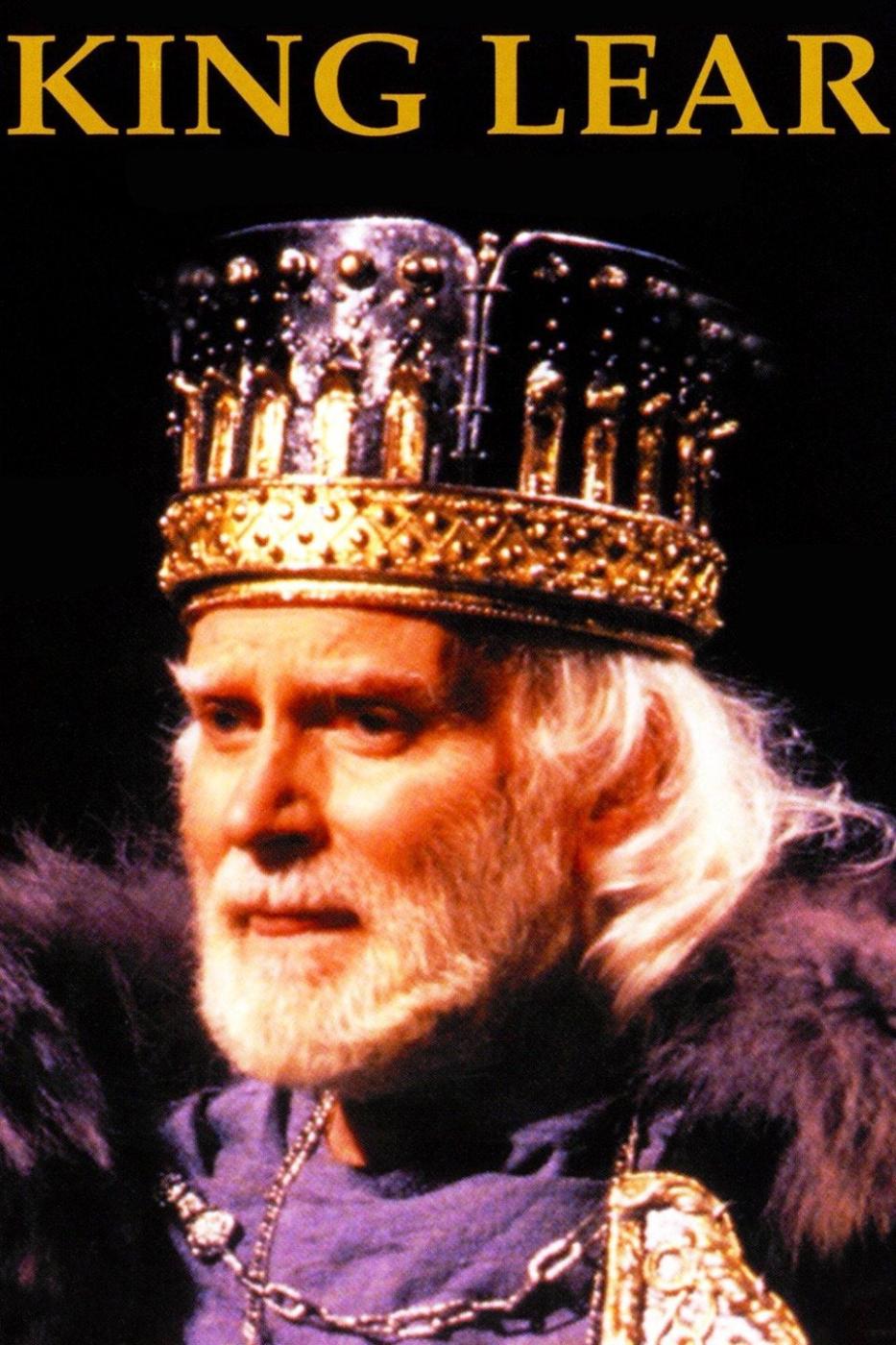What is the Significance of the Ending of King Lear?
William Shakespeare's "King Lear" stands as a timeless tragedy that captivates audiences with its exploration of power, love, loyalty, and redemption. The play's ending holds immense significance in understanding its themes and characters, providing a powerful culmination that leaves a lasting impression.

I. The Tragic End:
The ending of "King Lear" is undeniably tragic, marked by the deaths of Lear, Cordelia, Goneril, Regan, and Edmund. This tragic resolution brings about a sense of justice and resolution while also evoking pity and sorrow in the audience. The downfall of the main characters serves as a stark reminder of the consequences of pride, greed, and betrayal.
Key Points:
- The deaths of Lear and Cordelia symbolize the ultimate tragedy of the play, highlighting the devastating consequences of Lear's initial rejection of his loyal daughter.
- The downfall of Goneril, Regan, and Edmund represents the inevitable consequences of evil and betrayal, emphasizing the self-destructive nature of their actions.
- The tragic ending leaves the audience with a sense of catharsis, allowing them to process the complex emotions evoked by the play's themes and characters.
II. Lear's Redemption:
Through his suffering and self-discovery, Lear undergoes a profound journey of redemption. His recognition of his own faults and his reconciliation with Cordelia lead to a sense of catharsis for the audience. Lear's transformation from a proud and tyrannical king to a humble and compassionate father provides a glimmer of hope amidst the tragedy.
Key Points:
- Lear's journey of self-discovery highlights the transformative power of suffering and the possibility of redemption even in the darkest of times.
- His reconciliation with Cordelia serves as a powerful symbol of forgiveness and the restoration of love, offering a brief respite from the play's tragic events.
- Lear's transformation emphasizes the importance of humility and compassion, leaving a lasting impact on the audience.
III. The Downfall Of Evil:
The ending of "King Lear" witnesses the downfall of Goneril, Regan, and Edmund, representing the consequences of evil and betrayal. Their actions ultimately lead to their own destruction and the destruction of others, highlighting the self-destructive nature of their choices.
Key Points:
- Goneril and Regan's betrayal of their father and their ruthless pursuit of power lead to their downfall, emphasizing the destructive consequences of greed and ambition.
- Edmund's manipulation and treachery ultimately result in his own demise, demonstrating the futility of evil and the inevitable consequences of betrayal.
- The downfall of these characters serves as a cautionary tale, warning against the dangers of evil and the importance of moral integrity.
IV. The Restoration Of Order:

With the crowning of Edgar as the new king, the ending of "King Lear" brings about a restoration of order in the kingdom. This symbolizes hope and the possibility of a better future after the chaos and tragedy that have unfolded. Edgar's ascension to the throne represents the triumph of good over evil and the potential for renewal and reconciliation.
Key Points:
- Edgar's coronation as king symbolizes the restoration of order and justice in the kingdom, offering a glimmer of hope amidst the tragedy.
- His rule represents the possibility of a better future, where the lessons learned from the past can lead to a more just and compassionate society.
- The restoration of order emphasizes the importance of leadership, integrity, and the ability to learn from past mistakes.
V. The Significance Of Cordelia's Death:
Cordelia's death in "King Lear" holds immense significance in relation to the play's themes of love, loyalty, and redemption. Her death highlights the tragic consequences of Lear's initial rejection of her and serves as a catalyst for his transformation. Cordelia's unwavering love for her father, even in the face of his cruelty, emphasizes the power of true love and the importance of forgiveness.
Key Points:
- Cordelia's death serves as a stark reminder of the consequences of Lear's pride and his rejection of true love.
- Her unwavering love for her father, despite his mistreatment of her, highlights the transformative power of true love and forgiveness.
- Cordelia's death becomes a catalyst for Lear's transformation, leading him to recognize his own faults and seek redemption.
VI. The Enduring Legacy Of "King Lear":
"King Lear" continues to resonate with audiences as a timeless tragedy that explores universal themes and offers profound insights into the human condition. Its exploration of power, love, loyalty, and redemption remains relevant to contemporary society, making it a powerful and enduring work of art.
Key Points:
- "King Lear" stands as a timeless classic, captivating audiences with its exploration of universal themes that transcend time and culture.
- The play's insights into the human condition, the complexities of power, and the nature of love and loyalty continue to resonate with contemporary audiences.
- Its enduring legacy lies in its ability to provoke thought, evoke emotions, and inspire reflection on the human experience.
VII. Conclusion:
The ending of "King Lear" serves as a powerful culmination of the play's themes, characters, and plot, leaving a lasting impression on readers and audiences. It brings about a sense of justice and resolution while also evoking pity and sorrow. Lear's journey of redemption, the downfall of evil, the restoration of order, and the significance of Cordelia's death all contribute to the play's enduring legacy as a timeless tragedy that continues to resonate with audiences worldwide.
YesNo

Leave a Reply